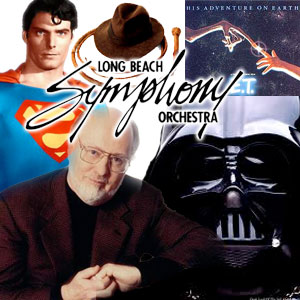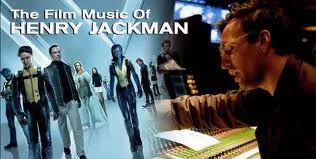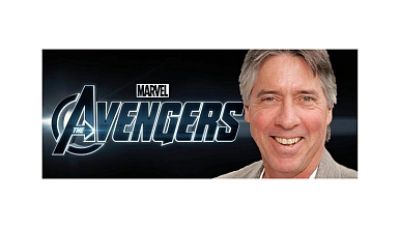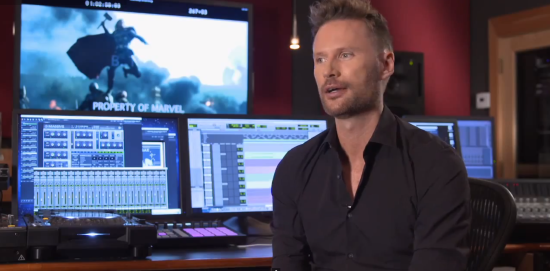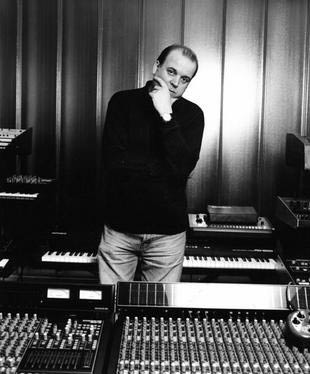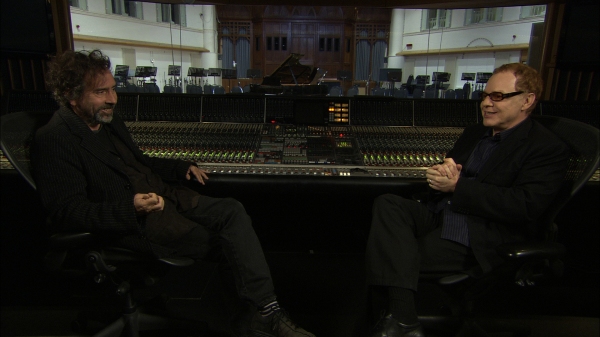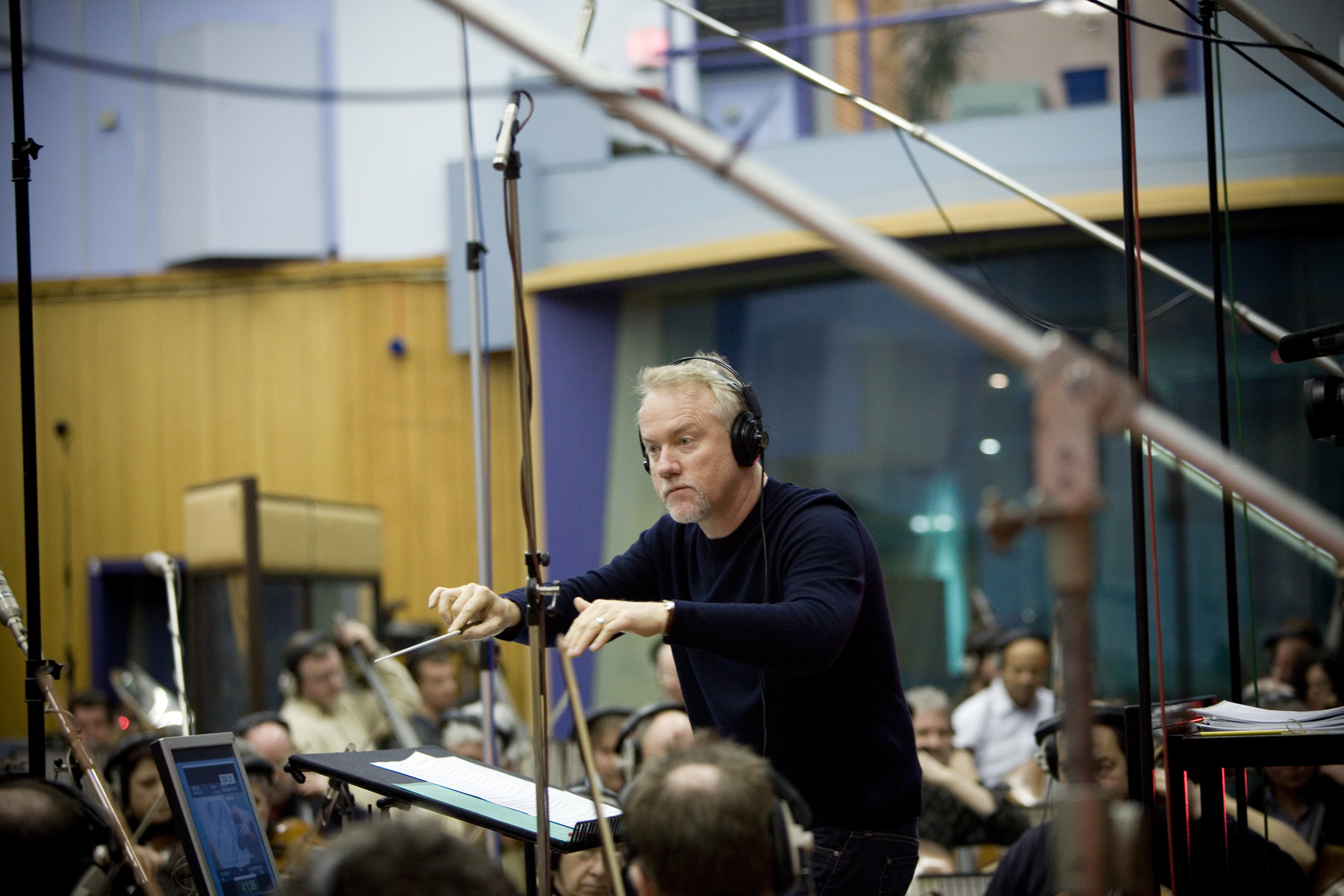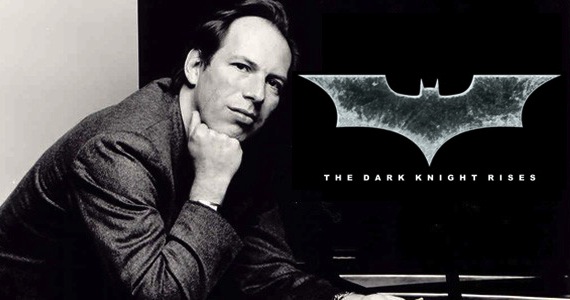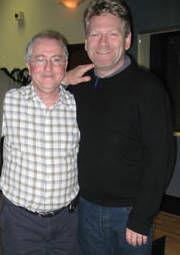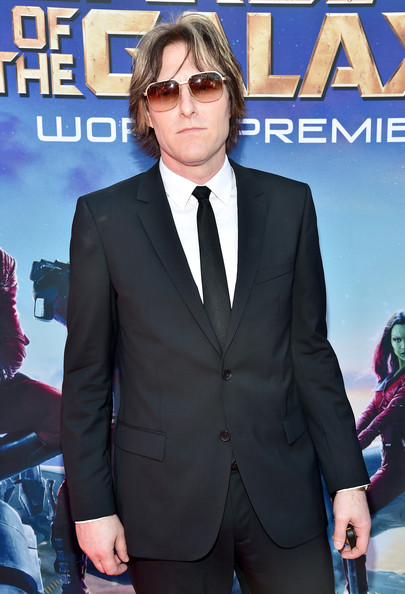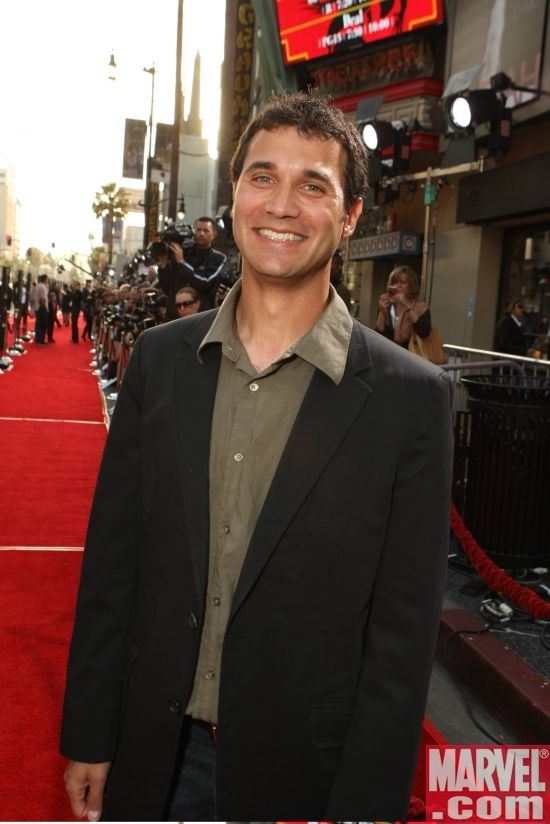New York City has often been the hub of fans’ favorite superhero stories. Some locations have acquired popularity also for being shown on the big screen. All boroughs have a touch of legend to them, from Forest Hills in Queens (where Peter Parker aka the Amazing Spider-Man was born and grew up in), to Manhattan’s Lower East Side (where Steve Rogers who is better known as Captain America was born), or even the Brooklyn Bridge (that is saved by the Fantastic Four).
All these stories probably wouldn't be as heroic without the grand scenery of the Big Apple, but a very effective component that has made them stick to our minds - and very often is neglected - is the music score. Ever since the early forms of cine-comics in the 1970s, when the art of comic strips and movie-making came together giving birth to one of the most extraordinary forms of pop-culture, music enhanced majestically the universal themes embodied by superheroes, as underlined by film critics Massimo Privitera and Maurizio Giovanni Caschetto of Colonnesonore.net.
The first example is with the New York composer John Williams, who composed some of the most recognizable film scores in cinematic history (Star Wars, E.T., Indiana Jones). When it comes to superheroes he created the soundtrack of the 1978 Superman, with some references to Strauss, Wagner and Mahler, transforming that score almost in an alternative U.S.A. hymn, evoking the spirit of patriotism interpreted by Christopher Reeve.
In the course of the 80s someone who managed to give a strong depiction of a darker and multifaceted hero is composer Danny Elfman, who put in music Tim Burton’s Batman through a symphonic orchestration, introducing the “Bat Theme”, to signal to audiences when the Bat-hero is about to arrive. His music somehow evokes the great themes by Bernard Hermann, who wrote several soundtracks for Alfred Hitchcock’s movies and have a noire 1940s twist to them, with a strong use of brass instruments.
In the year 2000 the era of Marvel takes over the silver screen and movie stereo sound. Sam Raimi’s Spider-Man is paced with a heroic major scale music, composed by Elfman that allows to bring out both the arachnid hero and the naïve Peter Parker. The use of electronic sounds and percussions give you the feeling that the notes are actually composing Spiderman’s cobweb.
The music changes in 2005 when the new Batman Trilogy is initially set to music by Hans Zimmer. The soundtrack of Batman Begins is very crepuscular and grim, adding a touch of Sturm Und Drang to comic strips. This becomes the new reference in the way of making superhero soundtracks: the hero no longer has a melody to identify him.
In the following years soundtracks become more hypertrophic, in order not to succumb to the loud special effects within the superhero action films. This is evident when Marvel starts producing movies independently in 2008, starting with Iron Man, entrusting the soundtrack to Ramin Djawadi (Pacific Rim, Game of Thrones, Person of Interest), who choses guitar-driven scores to evoke the hero’s metallic armor, with his “Driving With The Top Down” Theme.
The Incredible Hulk in 2008 has the Scottish composer Craig Armstrong (Romeo+Juliet, Moulin Rouge, Great Gatsby) use the electric cello and percussions to represent Hulk’s fury and his mighty stride. But the element of poetry is exemplified by how Armstrong manages to insert a vintage theme “Bruce Goes Home”, of the 1978 series by Kenneth Johnson, to connect the old with the new.
In 2010 Iron Man 2’s soundtrack by John Debney (The Scorpion King, The Passion of The Christ, Sin City) opts for an orchestral symphonic score; but the true revelation is Alan Silvestri (Back To The Future, Who Framed Roger Rabbit?, Forrest Gump), in 2011, who gives to Captain America a heroic leitmotiv of national pride with a warlike pace, a great use of horns and winds and triumphant brasses.
Kenneth Branagh, brings his habitual composer, Patrick Doyle (Henry V, Harry Potter and the Goblet of Fire, Cinderella), on board of the soundtrack for Thor in 2011, yet the outcome is lukewarm. The only moment where sound makes action truly emotional is at the very end with the theme “Thor Kills the Destroyer.”
In 2012 all the Avengers (Thor, Iron Man, Black Widow, Hawkeye, Captain America, Hulk) are united in one movie and Alan Silvestri’s return is epic. The Avenger’s score is massively pompous and thematically connotative of the team of superheroes.
The following year, the Marvel sequels Iron Man 3 and Thor: The Dark World are set in music by Brian Tyler (Fast & Furious, The Expendables), who is so good at translating muscularity into music that Marvel asks him to create the score of its 30 minute logo, where pages flip to the imposing drum roll.
The choice of handing to Henry Jackman (Kick-Ass, Wreck-It Ralph, Big Hero 6) the soundtrack 2014’s sequel Captain America: The Winter Soldier does not fulfill the expected expectations and his notes becomes a dull wallpaper to the action-drenched images. That same year Tyler Bates (300, Sucker-Punch, Killer Joe) conquers audiences with his incredibly bombastic, rambunctious and resonating score of Guardians of the Galaxy.
But for the latest Marvel flick - Avengers: Age of Ulton - there’s a comeback to Marvel’s darling composers Danny Elfman and Brian Tyler, who have proved to compose the catchiest and most enthralling sounds for superhero motion pictures.
This quick historical superhero soundtrack scan brings to light how the phenomenology of a film can utterly change our perception towards our beloved characters. Hence let’s stay tuned for the next heroic music scores.

